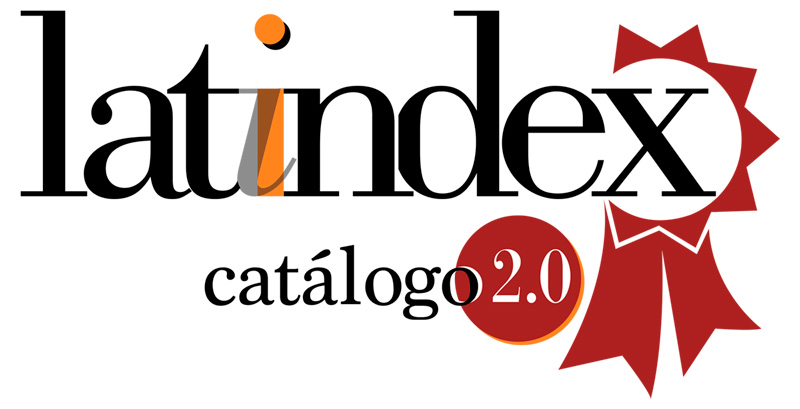The Social Question since the Rerum Novarum until Octogesima Adveniens
DOI:
https://doi.org/10.35626/sv.18.2014.35Keywords:
Social Question, Popes, Encíclicas, Work, Remuneration, UnionAbstract
In this article a brief study of papal documents that address the point of the so-called «social issue» within the Social Doctrine of the Church takes place, beginning with the Encíclica Rerum Novarum of Pope Leo XIII Carta Apostólica Octogesima Adveniens of Pope Paul VI. The focus of this research is qualitative, descriptive and of non-experimental design. This article is divided into two chapters. In the first chapter a brief description of what is understood as Social Doctrine of the Church, in order to introduce the reader within the context of focus is performed. The second chapter develops the theme of the work, in the analysis of the main papal documents that raise the issue of a «social issue» during the pontificates of Popes Leo XIII, Pius XI, Pius XII, John XIII and Paul VI. It starts with the analysis of which is considered the Magna Carta of the social question, the Encíclica Rerum Novarum, issued by Pope Leo xiii in 1891, reaching the analysis of the Carta Apostólica Octogesima Adveniens, promulgated by Pope Paul VI in 1971. Throughout this analysis we see that the principles established by Pope Leo XIII in the Encíclica Rerum Novarum remain in time and have been taken by later pontiffs as the basis for updating the Social Doctrine of the Church on social issues. We shall also see that one of the main reactions raised against direct criticism made by Leo XIII against workman situation was the birth of an autonomous branch of law that did not exist before: labour law.









